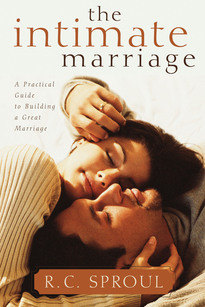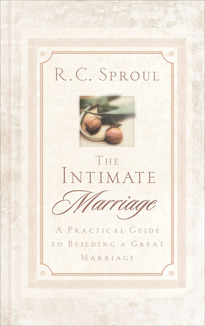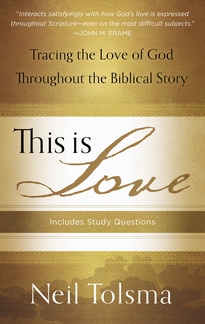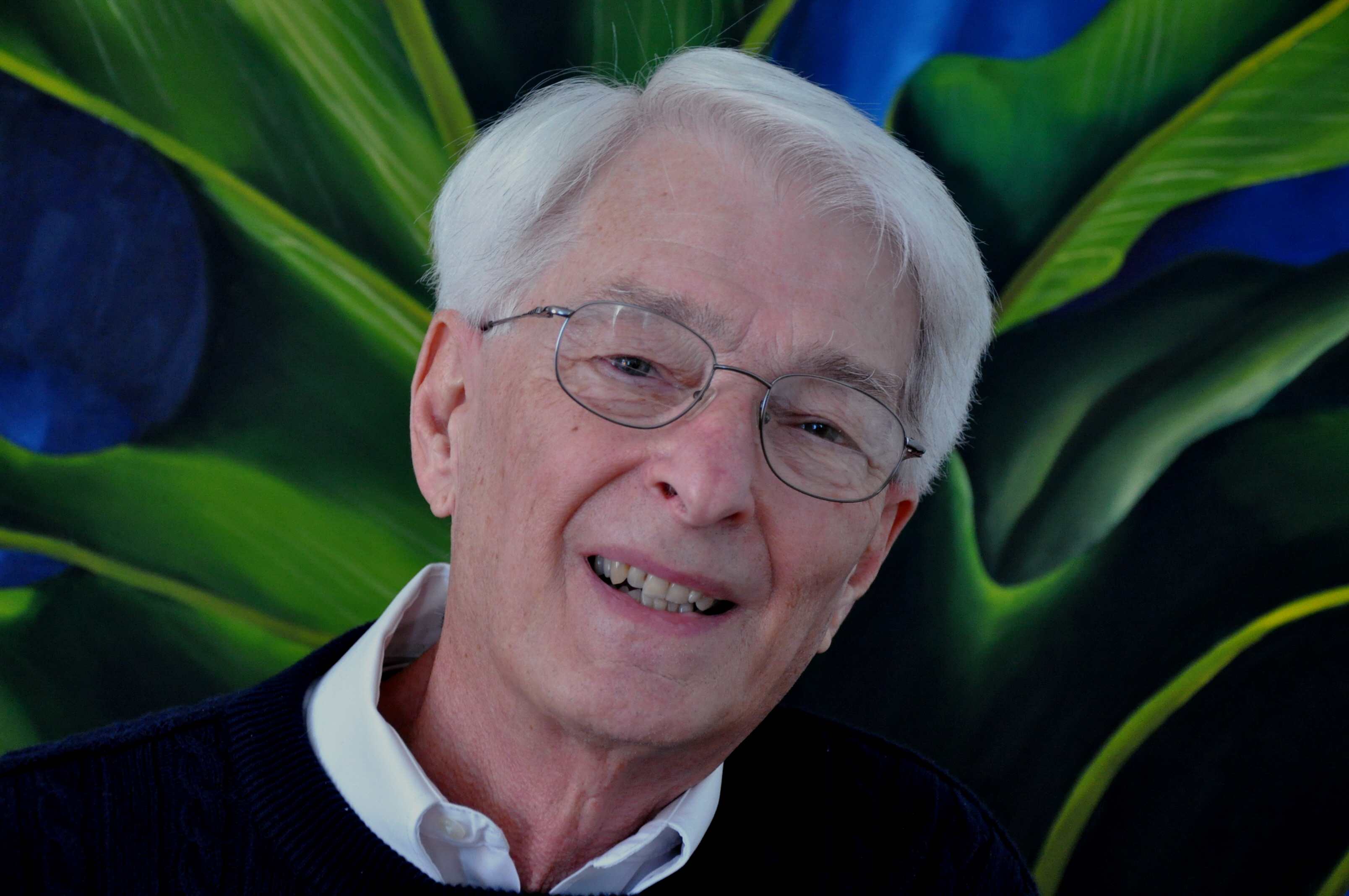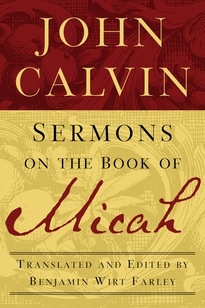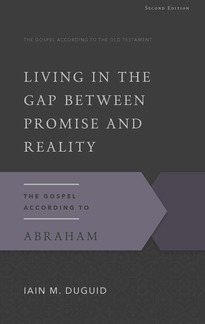This week’s interview is with Ryan McIlhenny, editor of Kingdom’s Apart: Engaging the Two Kingdoms Perspective.
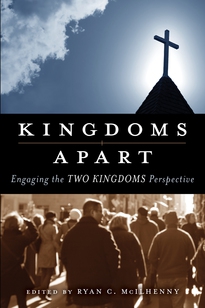
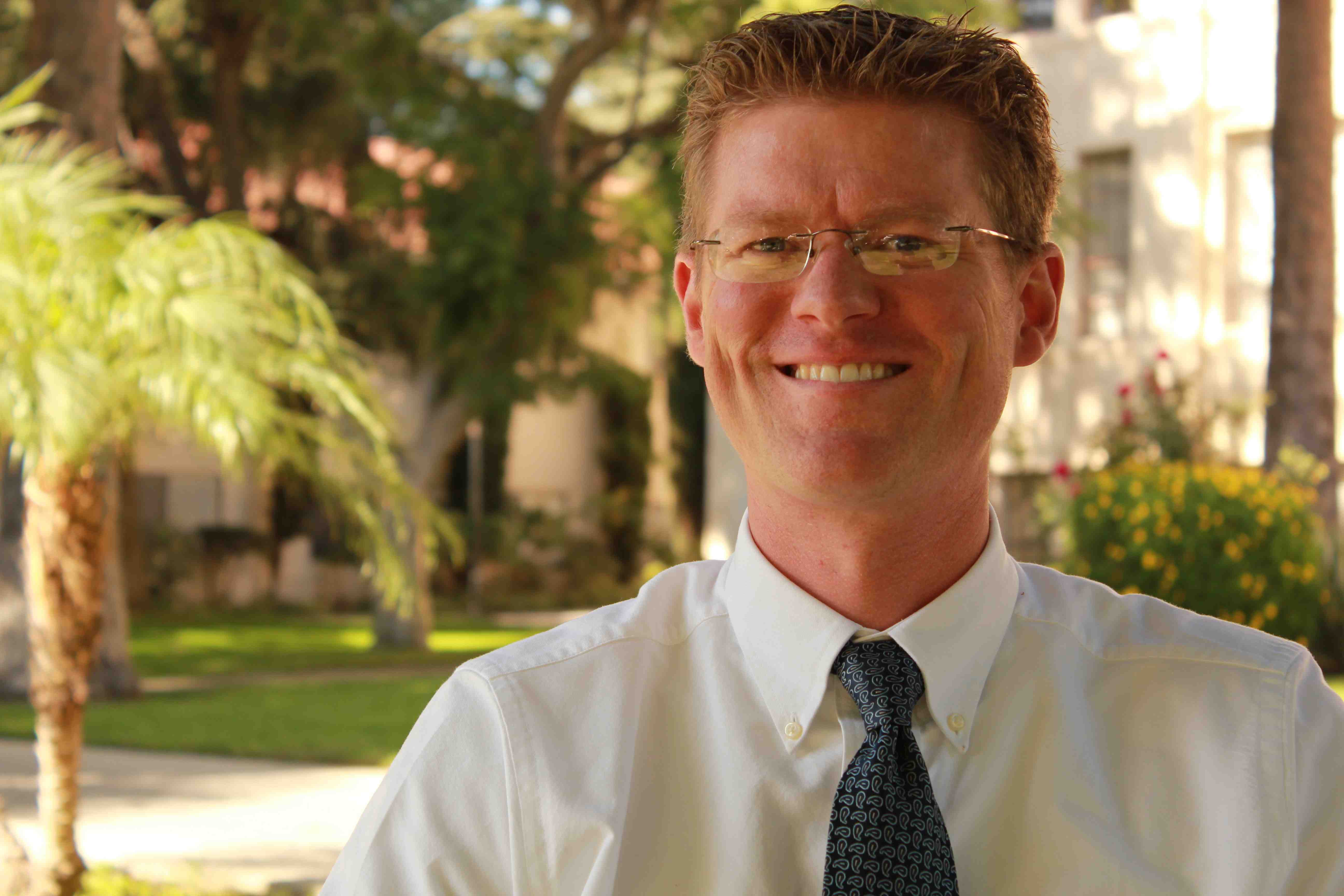
- Question #1 – Tell us a little bit about yourself: where you’re from, family, job, personal interests, unique hobbies, what do you do in your spare time, etc.
I am currently associate professor of history at Providence Christian College in Pasadena, CA. It’s been exciting to work at a much needed Reformed liberal arts college in southern California. Born and raised in the OPC and having attended a Reformed college, I’m thrilled to consider how Reformed theology impacts and provides a more complete working out of a liberal arts education. I hold a BA in history and philosophy from Covenant College, and an MA in the same from California State University, East Bay. I completed a PhD in the religious radicalism of 19th-century America at the University of California, Irvine.
Outside of the classroom, I enjoy spending time with my wife and four kids, writing, and reading. I’m also an unabashed film nut. I love a good film.
- Question #2 – Which writers inspire you?
I can list a number of writers who have changed my life: Augustine, John Calvin, Abraham Kuyper, and, especially, the paradigm-shifting work of Herman Dooyeweerd. But I also enjoy skilled writers who challenge my intellectual and spiritual mind: Ralph Waldo Emerson, Orestes Brownson, Friedrich Nietzsche, Michel Foucault, and many others. What particularly attracts me to these writers is their critical engagement of the foundations of thought in general (Christian or non), making readers reconsider their intellectual commitments.
- Question #3 – What inspired you to compile this book, about this topic?
First, I felt that neo-Calvinism and Reformational Philosophy needed to be updated in order to accommodate a post-culture war ethos. Many, I think, are attracted to the Two Kingdoms perspective because it is not only simple (“simplistic,” in actuality, since everything fits into neat categories) but also because it provides a welcome alternative to evangelicals who are tired of the moralism endemic to the culture wars. I can sympathize with this later position.
Second, I also felt compelled to put this volume together because of the handful of individuals who said they were persuaded by the Two Kingdoms position to challenge the adjective “Christian” in “Christian” education. The liberal arts education that I am fully engaged in is seen by many as part of the common realm activity with no relation to the eternal, and so notions of “Christian history,” “Christian philosophy,” or “Christian physics” are unnecessary combinations. There’s no such thing, so the idea goes, as “Christian philosophy”; rather, it’s simply good philosophy or bad philosophy. I think this position is a bit naïve. (Strangely, I haven’t seen anyone apply—consistently at least—the Two Kingdoms to the discipline of theology. Is there such a thing as “Christian theology,” or is it just a matter of “good” versus “bad” theology.) The Christian faith impacts the doing of scholarship and teaching in the way it shapes the questions raised and the answers formulated. When scholars outside the theological sciences, like myself, engage their craft, they do so in submission to the true God. This manifests what Reformational Philosophy and neo-Calvinism call the antithesis, a neo-Calvinist term. The antithesis manifests itself when engaging the common, pointing to God’s common grace (yet another neo-Calvinist term). The antithesis and common grace are inseparable. I still think these terms—antithesis and common grace, as well as sphere sovereignty and the cultural mandate—are still relevant for Christians today.
Finally, I felt the need to challenge the idea that neo-Calvinism leads to a compromise of justification. I’ve written about this elsewhere. Such a claim simply does not follow. This charge stems from the misuse of the word “transformational.” Many Two Kingdoms advocates label their neo-Calvinist opponents as “transformationalists.” What does this term mean? If it means that Christians “save” or “declare righteous” the surrounding culture by their human works alone, then it wouldn’t apply to neo-Calvinists. (Frankly, I’m not exactly sure who it would apply to.) Such a title reveals a lack of a critical understanding. “Transformation” or worse “transformationalism” is not a central piece of neo-Calvinism; there is no consensus on the meaning of the term. Kuyper himself made this clear in Common Grace: Christianity has a “betokening” influence on society, not that it saves every single person from their sins.
I’m currently working on a short (100-page) introduction to Neo-Calvinism/Reformational Philosophy, a “for beginners” kind of book. I’ve been asked by a few people in the Reformed community to write something like this.
- Question #4 – What book are you reading now?
Timothy Larsen’s The Slain God: Anthropologists & the Christian Faith. I’m reviewing the book for Christian Scholars Review.
- Question #5 – Do you have a favorite movie? What is it and why?
This has always been a difficult question. A great film is often the result of gifted (and courageous) director and/or screenwriter. Thus, my favorite films orbit around my favorite directors: Orson Welles, Akira Kurosawa, Quentin Tarantino, Terrence Malick, Wes Anderson, and P.T. Anderson, to name a few. These directors have a raw honesty that makes their films exhibit greater truth and greater beauty. Ironic, pensive, transcendent, and impressionistic—these are underlying features that force viewers to meditate on the nature of God’s world.
- Question #6 – Do you have a favorite quote? What is it and why?
G.K. Chesteron — “The madman is not the man who has lost his reason. The madman is the man who has lost everything except his reason.”
What I like about this quote is the intimation that reason is never alone in a normal or sane mind. Reason is not only social but is inextricably tied to emotion. As a professor at a Christian college, I see students separating reason from emotion, especially as it relates to theology. There’s a tendency among evangelicals to relegate theology, since it supposedly gets in the way of “really loving” Jesus. Emotion tends to be more important than a rational confession. People tend to elevate the “sacredness” of chapel above the “secularism” of the classroom. This point reminds me of another quote from B.B. Warfield: “Why should you turn from God when you turn to your books, or feel that you must turn from your books in order to turn to God? If learning and devotion are as antagonistic as that, then the intellectual life is in itself accursed and there can be no question of a religious life for a student, even of theology.”
- Question #7 – Do you have an interesting writing quirk?
Yes, one of my professors in grad school was an accomplished history, well respected in his field. He was also a great writer, which also meant that he pushed his students toward becoming good historians and excellent writers. Towards the end of every class, a student would present a historiographical review. I remember him yelling at students—no joke, “yelling!”—for what he thought were bad prose of the presenter. Each member of the class was terrified, so we all worked extra hard to write the perfect paper for this old-school professor. But his yelling was not a matter of some impertinent meanness endemic to his personality. (He recognized his own defects, blaming it on the fact that he was from Brooklyn.) More importantly, he had grounds for yelling at us. It wasn’t that we couldn’t write a sentence. He wanted aesthetically pleasing prose. For me, he was very persuasive. For example, he encouraged one student—and hence all of us—“NEVER!” to use the word however at the beginning of a sentence. Instead, place however somewhere in the middle of the sentence, making the sentence flow better. However placed at the beginning of the sentence is too abrupt. Well, he convinced me. You’ll never read a sentence of mine that begins with the word however.
- Question #8 – Do you have a favorite book that you have written?
I have two favorite books I’ve written, but I’m still shopping for a publisher.
- Question #9 – How do you deal with writer’s block?
Keep writing.
Want to learn more about Ryan McIlhenny?
